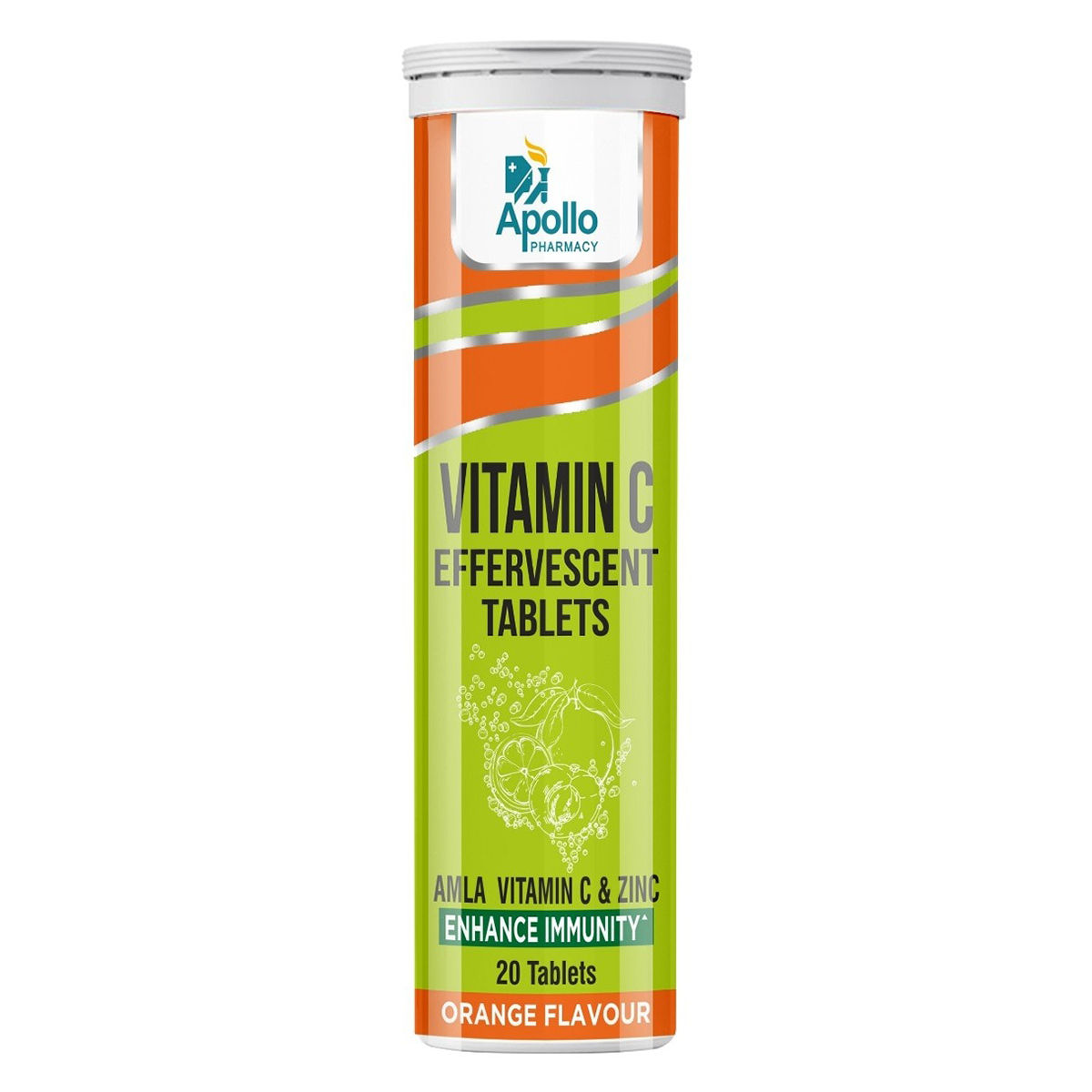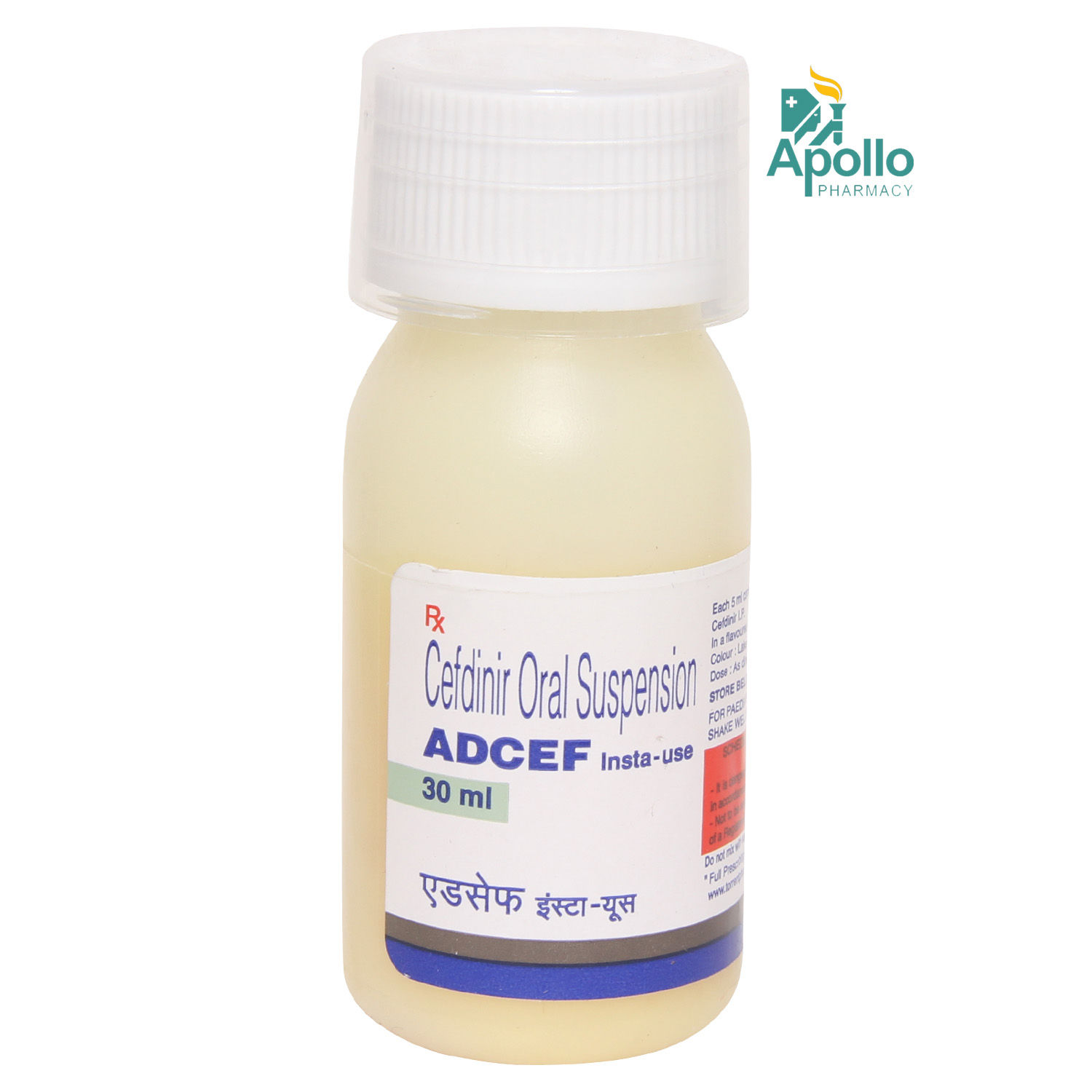Cefrine Syrup 30 ml
Cefrine Syrup is used to treat bacterial infections in children. It contains Cefdinir, which interferes with bacterial cell wall formation and kills the bacteria. In some cases, this medicine may cause side effects such as diarrhea, nausea, stomach pain, vomiting, rash, and abnormal stools. Before giving this medicine to your child, inform the doctor if the child is taking any other medications or has any pre-existing medical conditions.
₹120.6*
MRP ₹134
10% off
₹113.9*
MRP ₹134
15% CB
₹20.1 cashback(15%)
Free Delivery
With Circle membership
(Inclusive of all Taxes)
This offer price is valid on orders above ₹800. Apply coupon PHARMA10/PHARMA18 (excluding restricted items)
Know Your Delivery Time
Provide Delivery Location



Whats That

Secure Payment

India's Most Trusted Pharmacy

Genuine Products
Composition :
Manufacturer/Marketer :
Consume Type :
Return Policy :
Expires on or after :
About Cefrine Syrup
Cefrine Syrup belongs to a class of medications called antibiotics. It is used to treat bacterial infections of the urinary tract, bones and joints, heart, lungs, brain, chest, ears, skin, and soft tissues. Bacteria infection occurs when harmful bacteria grow in the body and multiply quickly. It can infect any part of the body. It does not work against infections caused by viruses such as flu or the common cold.
Cefrine Syrup contains Cefdinir, a cephalosporin antibiotic that works by interfering with the formation of the bacterial cell wall (a protective covering) necessary for their survival. This damages the bacterial cell wall and kills bacteria.
Cefrine Syrup to be given as prescribed by your doctor. Use it for as long as your doctor has prescribed it for your child based on their medical condition. In some cases, your child may experience diarrhea, nausea, stomach pain, vomiting, rash, and abnormal stools. Most of these side effects do not require medical attention and gradually resolve over time. However, if the side effects persist or worsen, please consult your doctor.
Please tell your doctor if your child is allergic to Cefrine Syrup, cephalosporin antibiotics or any other medicines. You are advised to maintain a time gap of a minimum of 2 hours if you are giving this medicine to your child with other medicines like antacids containing aluminium, magnesium, iron supplements, and multivitamins containing iron. It is not recommended for infants under 6 months of age as the safety and efficacy were not established.
Uses of Cefrine Syrup
Medicinal Benefits
Cefrine Syrup contains Cefdinir, a cephalosporin antibiotic used to treat several bacterial infections. Cefdinir is a broad-spectrum antibiotic that acts against aerobic (grow in the presence of oxygen) and anaerobic (grow in the absence of oxygen) gram-negative and gram-positive bacteria. It interferes with the formation of the bacterial cell wall (a protective covering) that is necessary for their survival. Thus, it damages the bacterial cell wall and kills bacteria.
Side Effects of Cefrine Syrup
- Diarrhoea
- Nausea
- Stomach pain
- Vomiting
- Abnormal stools
- Rash
Directions for Use
Cefrine Syrup is administered orally by measuring the prescribed dose using the measuring cup. Shake well before each use to mix the contents properly.
Storage
Drug Warnings
Please tell your doctor if the child is allergic to Cefrine Syrup, penicillins, cephalosporin antibiotics, or any of its ingredients. If your child has diabetes, kidney or liver problems, a weak immune system or inflammation of the large intestine, inform your doctor before giving this medicine. It is not recommended for babies below six months of age, as the safety and effectiveness were not established. You are recommended to complete the entire course of Cefrine Syrup as your doctor prescribes for effective results. Cefrine Syrup may interact with specific tests such as glucose (sugar) in urine and Coomb’s test, giving false-positive results. Therefore, please inform your doctor that the child takes it before undergoing any tests. You are advised to maintain a time gap of a minimum of 2 hours between giving Cefrine Syrup and antacids containing aluminium, magnesium, iron supplements and multivitamins containing iron. These may reduce the body's absorption of this medicine.
Therapeutic Class
Drug-Drug Interactions
Drug-Food Interactions
Diet & Lifestyle Advise
- After completing the entire course of Cefrine Syrup, give probiotics under the doctor's guidance to restore any healthy bacteria that may have been killed in the intestines. Taking probiotics after antibiotic treatment can reduce the risk of antibiotic-associated diarrhoea.
- Giving certain fermented foods like cheese, yogurt, kombucha, sauerkraut, and kimchi to a child can restore the good bacteria in the intestine.
- Fibre-rich foods can be easily digested by gut bacteria, which helps stimulate their growth. Thus, fibre-rich foods may help restore healthy gut bacteria after antibiotics. Whole grains such as brown rice and whole-grain bread should be included in your child's diet.
- Make sure the child drinks plenty of water or other fluids every day while you are taking Cefrine Syrup.
Habit Forming
How Cefrine Syrup Works
What if I have taken an overdose of Cefrine Syrup
Alcohol
Not applicable
-
Pregnancy
Not applicable
-
Breast Feeding
Not applicable
-
Driving
Not applicable
-
Liver
Caution
Give Cefrine Syrup with caution under doctor guidance, especially if the child has a history of Liver diseases/conditions. The dose may be adjusted by your doctor as required.
Kidney
Caution
Give Cefrine Syrup with caution as advised by the doctor, especially if the child has a history of Kidney diseases/conditions. The dose may be adjusted by your doctor as required.
Children
Safe if prescribed
Cefrine Syrup should not be used in infants less than 6 months of age as the safety and efficacy were not established.
Country of origin
Manufacturer/Marketer address
Author Details
We provide you with authentic, trustworthy and relevant information
Cefrine Syrup Substitute

Adcef Suspension 30 ml
₹6.66per tabletSefdin Syrup 30 ml
₹2.81per tabletZinir Dry Syrup 30 ml
₹2.07per tabletSEFDIN DS SUSPENSION 30ML
₹3.33per tabletCEFDIEL 125MG SUSPENSION 30ML
₹0.90per tablet
FAQs
Disclaimer
Customers Also Bought
Product Substitutes














